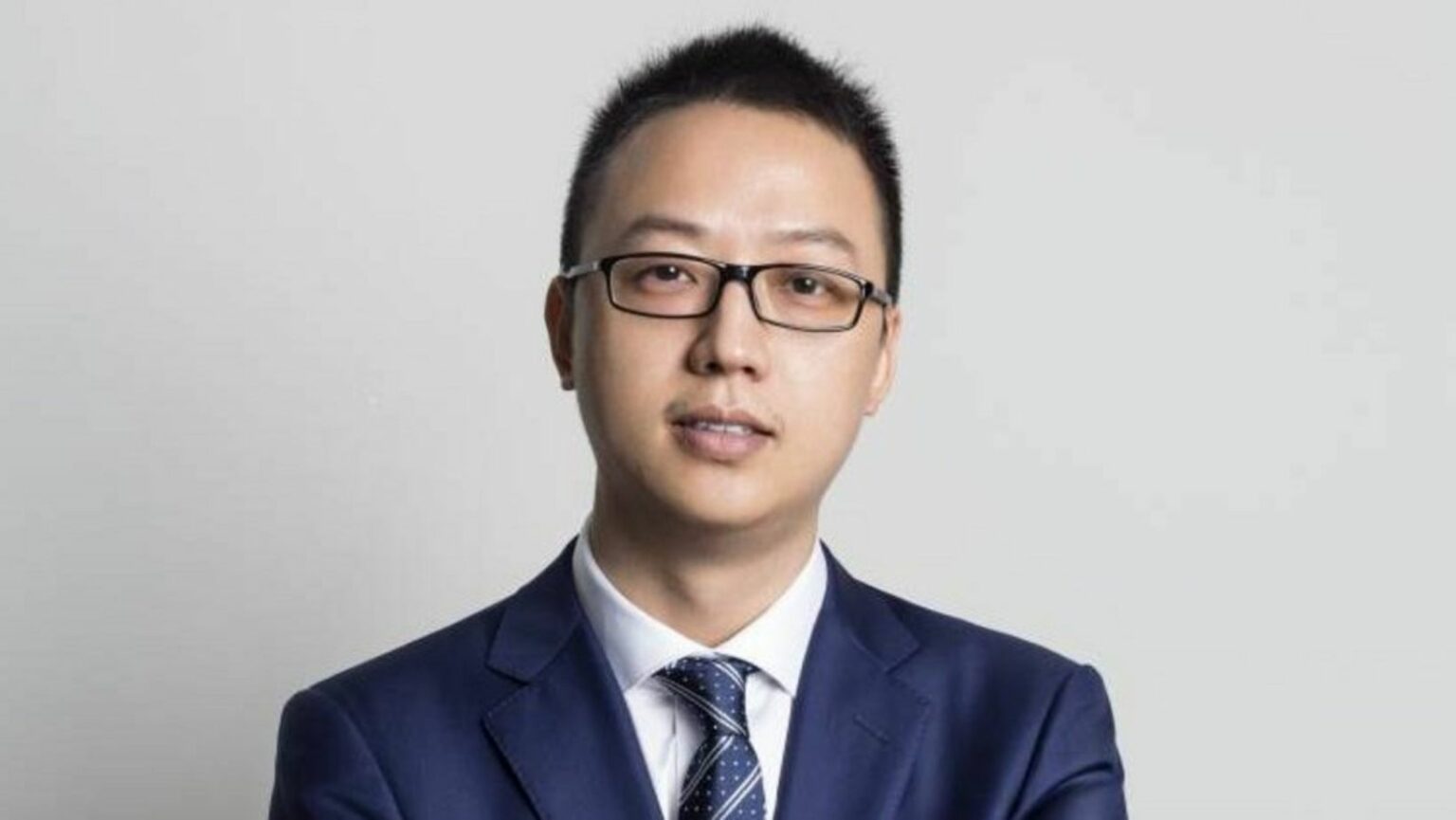A wave of surprise rippled through the Chinese e-commerce titan, Alibaba Group Holding Ltd, when Eddie Wu Yongming, a somewhat enigmatic figure, was named as the successor to Daniel Zhang. Despite Wu’s 24-year association with Alibaba and its charismatic founder Jack Ma, the appointment prompted employees to scour the company intranet and public records to learn more about their new leader.
48-year-old Wu, a computer scientist, has been a consistent presence since Alibaba’s humble beginnings, quietly contributing to the tech behemoth’s growth and its journey from an ambitious start-up to a global powerhouse. The unexpected elevation of this technologist-turned-angel investor to the top spot invites speculation on Alibaba’s future direction, especially in light of the competitive landscape and the challenges currently facing the tech giant.
Also Read: Hong Kong’s 5.5% Economic Growth Target: The Uncertainties and Challenges Ahead
Renowned as a veteran coder and the leader of a 10 billion yuan VC firm investing in cutting-edge technologies like autonomous driving and the Internet of Things, Wu brings a unique blend of technical prowess and investment acumen to his new role. His appointment comes at a critical juncture for Alibaba, as the company attempts to assert its dominance in AI, cloud services, video entertainment, and other areas where its supremacy has been contested.
The response from investors to Wu’s appointment and Alibaba’s restructuring has been mixed. While some analysts noted Wu’s scientific credentials, others highlighted his knack for attracting capital, both of which will be crucial for a company seeking to rejuvenate growth after a slowdown due to regulatory crackdowns.
Glimpses into Wu’s persona can be found scattered across the internet – images of him at a crowded FC Barcelona match, wearing the team’s jersey and giving a thumbs up. A 2016 interview with Tsinghua University reveals his philosophy about business, “If you start a business only to make money, after you’ve made some money, you get lost pretty fast,” he was quoted as saying.
Affectionately known as “Wu Ma,” or “Mother Wu,” for his ability to rally and counsel people, Eddie Wu has shown unwavering loyalty to Jack Ma, sticking by his side through a string of setbacks. His loyalty and steadfastness seem to have come full circle with his ascension to Alibaba’s top position.
Wu has played significant roles in shaping Alibaba’s flagship products, including Taobao, Alipay, and Alimama. His innovations have had profound impacts on Alibaba’s growth trajectory and have sometimes stirred controversy, as was the case when Alipay was spun off to create the foundation of Ant Group Co.
Also Read: Shining Bright: Meerqeen, Malaysia’s New Gem in Tiffany & Co’s Star-Studded Line-up
In 2015, Wu stepped back from Alibaba’s day-to-day operations to establish his venture capital outfit, Vision Plus. The firm invested early in promising startups from Hangzhou’s “unicorn forest,” many of which were founded by fellow Alibaba alumni. Before China’s crackdown on its tech sector, Wu was set to become a billionaire with Ant’s debut.
Though Wu largely retreated from the limelight after the IPO debacle, his recent appointment to key positions within Alibaba hinted at his impending rise. His appointment as Chairman of Taobao-Tmall marketplaces and as a director of Alibaba’s international commerce and local services divisions signaled a clear recognition of his acumen.
Now, partnering with Alibaba’s new chairman, Joseph Tsai, Wu will steer Alibaba through a crucial overhaul. As Roger Huang, a former Alibaba executive who helped launch Tmall in 2008, warned, “If they don’t catch the new trend where user traffic is coming from, the company will go downhill.”
During his tenure at Alibaba, Wu has shown an unparalleled commitment to innovation. As the chief architect of the company’s most important platforms, Eddie Wu was instrumental in developing Alibaba’s Taobao marketplace, its namesake wholesale site, and the Alipay online payments service. His efforts helped transform China’s relationship with cash and redefine the online payment landscape.
However, it was his creation of Alipay that truly highlighted his ability to foresee market needs. Modelled on PayPal, Alipay became so significant that Ma spun it off in 2011 to establish Ant Group Co – a move that sparked controversy among shareholders as they saw a critical asset being detached from the Alibaba ecosystem.
After Alibaba’s record-breaking IPO in New York in 2014, Wu continued to be a force to be reckoned with, serving as Ma’s special assistant for four years until the latter transferred the chairmanship to Zhang. Even amidst luminaries, Wu stood out with his own alias, “Dongxie,” inspired by a character from Louis Cha’s kung-fu classics, symbolising his love for music.
Despite his technological roots, Wu has demonstrated a knack for business strategy. “He also has a strong business acumen,” Brian Wong, a former Alibaba executive who worked with Wu, told Bloomberg Television. “He’s seen virtually every angle of the business.”
Indeed, Wu’s diverse experience and comprehensive understanding of Alibaba’s operations, growth strategies, and future prospects place him in a unique position to navigate the company through the complexities of the tech landscape. Despite some surprise over his appointment due to his tech-focused rather than operational background, many agree that his multi-dimensional expertise could steer Alibaba in the right direction.
In recent years, Wu made a bold move by founding his venture capital outfit, Vision Plus, which targeted early-stage startups in the thriving “unicorn forest” of Hangzhou. This venture has not only allowed him to foster and develop groundbreaking innovations but also given him a front-row seat to the latest trends in technology and ecommerce.
This insider-outsider perspective could prove invaluable in Wu’s new role as he confronts the challenges currently facing Alibaba. His ability to identify trends and nurture disruptive technologies may well be the edge Alibaba needs to revitalise its growth and reclaim its position as a dominant player in China’s tech landscape.
The future of Alibaba is now in the hands of a proven insider who has remained largely behind the scenes. As Eddie Wu steps up to guide the tech behemoth through unchartered waters, the world will be watching closely. His leadership will not only define Alibaba’s next chapter but also influence the broader trajectory of China’s tech industry.
The news is based on The Star.

















